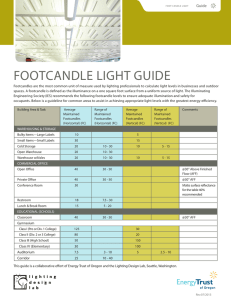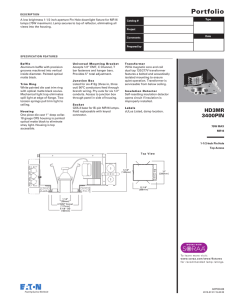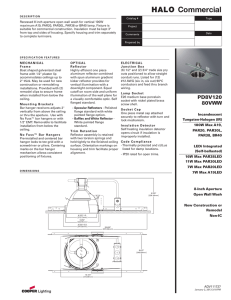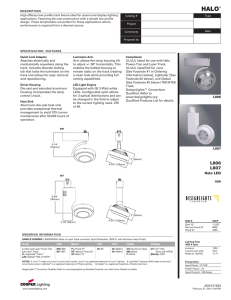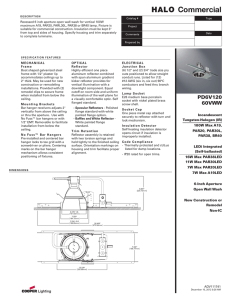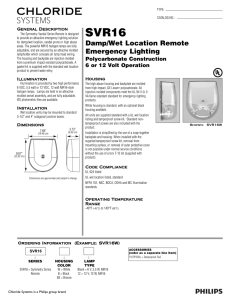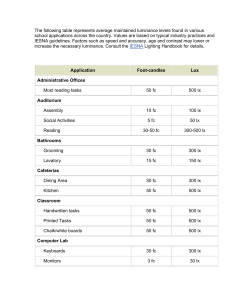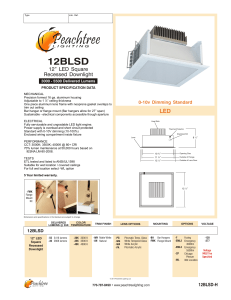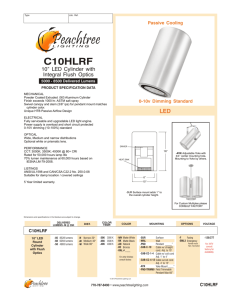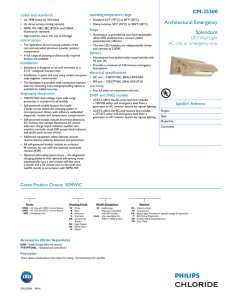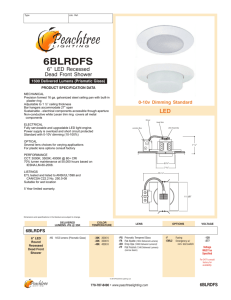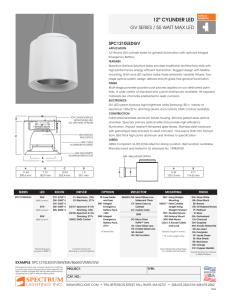What do light levels really mean
advertisement
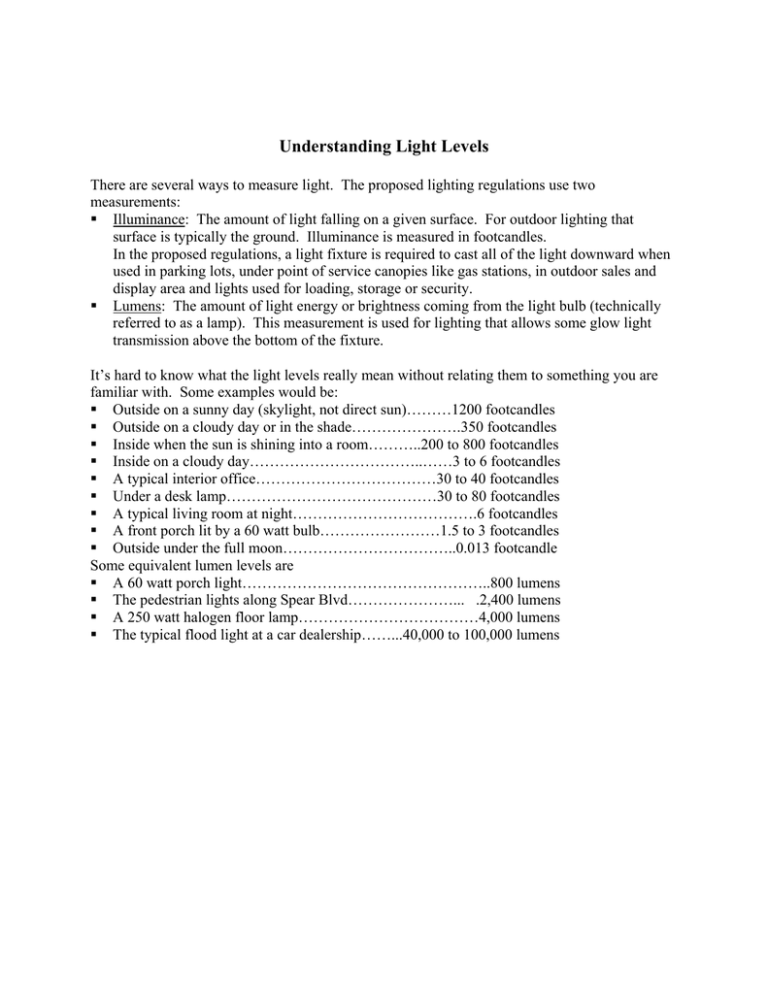
Understanding Light Levels There are several ways to measure light. The proposed lighting regulations use two measurements: Illuminance: The amount of light falling on a given surface. For outdoor lighting that surface is typically the ground. Illuminance is measured in footcandles. In the proposed regulations, a light fixture is required to cast all of the light downward when used in parking lots, under point of service canopies like gas stations, in outdoor sales and display area and lights used for loading, storage or security. Lumens: The amount of light energy or brightness coming from the light bulb (technically referred to as a lamp). This measurement is used for lighting that allows some glow light transmission above the bottom of the fixture. It’s hard to know what the light levels really mean without relating them to something you are familiar with. Some examples would be: Outside on a sunny day (skylight, not direct sun)………1200 footcandles Outside on a cloudy day or in the shade………………….350 footcandles Inside when the sun is shining into a room………..200 to 800 footcandles Inside on a cloudy day……………………………..……3 to 6 footcandles A typical interior office………………………………30 to 40 footcandles Under a desk lamp……………………………………30 to 80 footcandles A typical living room at night……………………………….6 footcandles A front porch lit by a 60 watt bulb……………………1.5 to 3 footcandles Outside under the full moon……………………………..0.013 footcandle Some equivalent lumen levels are A 60 watt porch light…………………………………………..800 lumens The pedestrian lights along Spear Blvd…………………... .2,400 lumens A 250 watt halogen floor lamp………………………………4,000 lumens The typical flood light at a car dealership……...40,000 to 100,000 lumens
